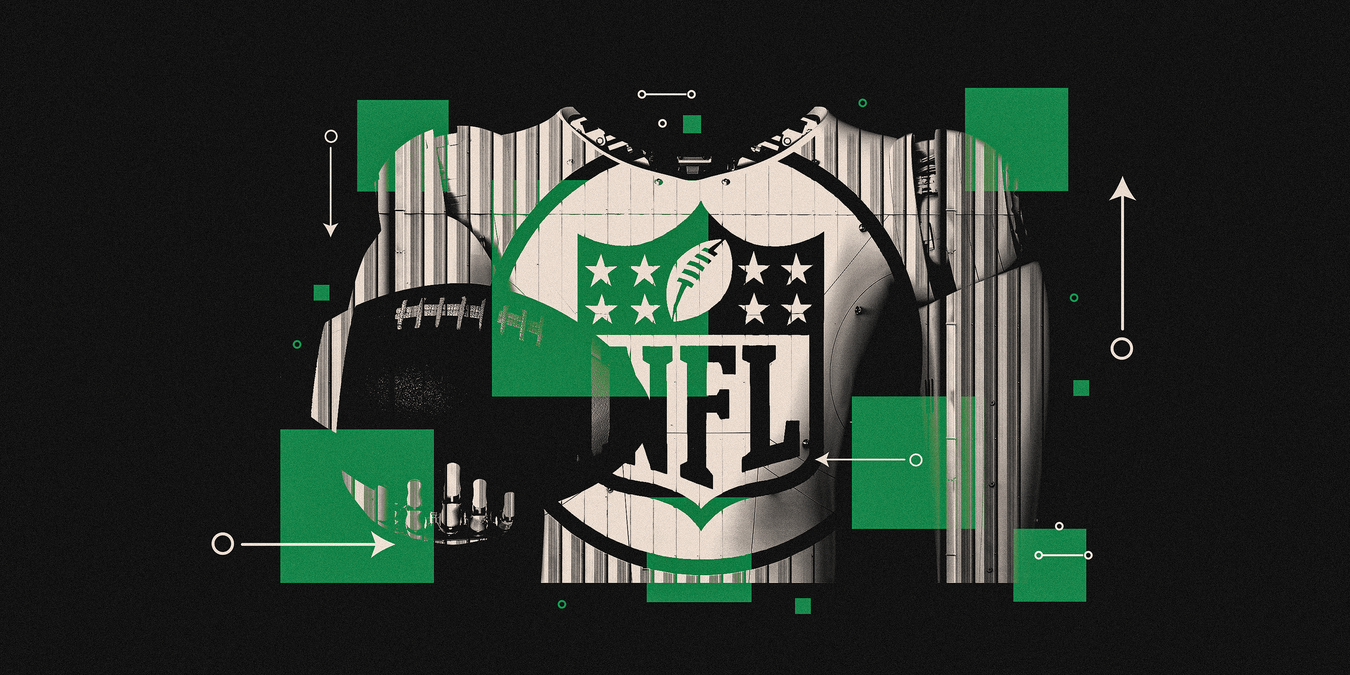Payhawk, a leading spend management platform, is at the forefront of revolutionizing financial operations through artificial intelligence. Co-founded by Boyko Karadzhov in 2018, Payhawk has integrated AI into its core operations, launching the ‘AI Office of the CFO.’ This suite of specialized AI agents automates routine finance tasks, transforming finance teams into strategic advisors rather than operational handlers.
AI Integration in Financial Operations
The ‘AI Office of the CFO’ is a groundbreaking initiative by Payhawk, where AI agents autonomously manage routine finance tasks. Unlike add-on AI solutions, these agents are embedded within Payhawk’s existing financial infrastructure, understanding company policies, workflows, and permissions from inception. This integration is not about incremental efficiency gains but a complete reimagination of finance operations, enabling professionals to focus on analysis, forecasting, and strategic decision-making.
Lessons from Early AI Deployments
Payhawk’s AI philosophy has evolved through key lessons learned from early deployments:
– Avoid Over-Engineering: AI should only be pursued where it adds true value, such as handling complex tasks requiring financial workflow understanding.
– Data and Workflow Integration: Successful AI implementation relies on data definition, workflow setup, and integration, rather than the AI models themselves.
– Trust and Quality: Trust in AI is paramount. Payhawk ensures every AI agent operates with proven quality and accuracy, requiring no configuration and supported by performance dashboards.
Cross-Departmental AI Impact
AI has transformed Payhawk’s organizational dynamics, emphasizing that AI is not owned by one team but built for all. Cross-functional AI literacy ensures teams across engineering, product, customer success, and sales interact with AI daily. This cultural shift fosters insights into AI applications across domains, making decision-making more data-driven and focused on measurable outcomes.
Criteria for AI Automation
Payhawk evaluates potential AI applications based on:
– Volume and Repetition: High-volume, predictable tasks like receipt management are ideal candidates.
– Data Availability: AI thrives on quality, structured data, making areas with comprehensive data natural starting points.
– Risk Tolerance: Automation is prioritized where errors won’t cause significant disruption.
– Human Value Displacement: Automation should free humans for higher-value work, not just slightly improve routine task efficiency.
Balancing AI Adoption and Risks
Payhawk mitigates AI risks by operating within a controlled infrastructure, minimizing hallucinations and ensuring accuracy through human oversight. Specialized AI agents continuously learn and improve, while human involvement in critical actions maintains reliability.
Organizational and Cultural Shifts
To support its AI-first vision, Payhawk hires engineering talent rather than reducing headcount. Engineers are essential for translating AI into banking-grade systems, embedding compliance rules, and ensuring ethical governance.
Future of AI in Financial Technology
The future of AI in finance will be defined by integration depth, security-first architecture, and organizational AI fluency. Leaders will integrate AI into operational infrastructure, ensuring domain-specific understanding. Security-first solutions will build trust, while company-wide AI literacy will foster innovation and practical applications.
Financial technology leaders will focus on measurable business outcomes, not AI capabilities for their own sake. Robust performance dashboards and continuous feedback loops will prove AI’s value, balancing human judgment with operational complexity.
Note: This article is inspired by content from https://www.silicon.co.uk/cloud/ai/ai-inc-the-business-of-artificial-intelligence-head-to-head-617000. It has been rephrased for originality. Images are credited to the original source.







